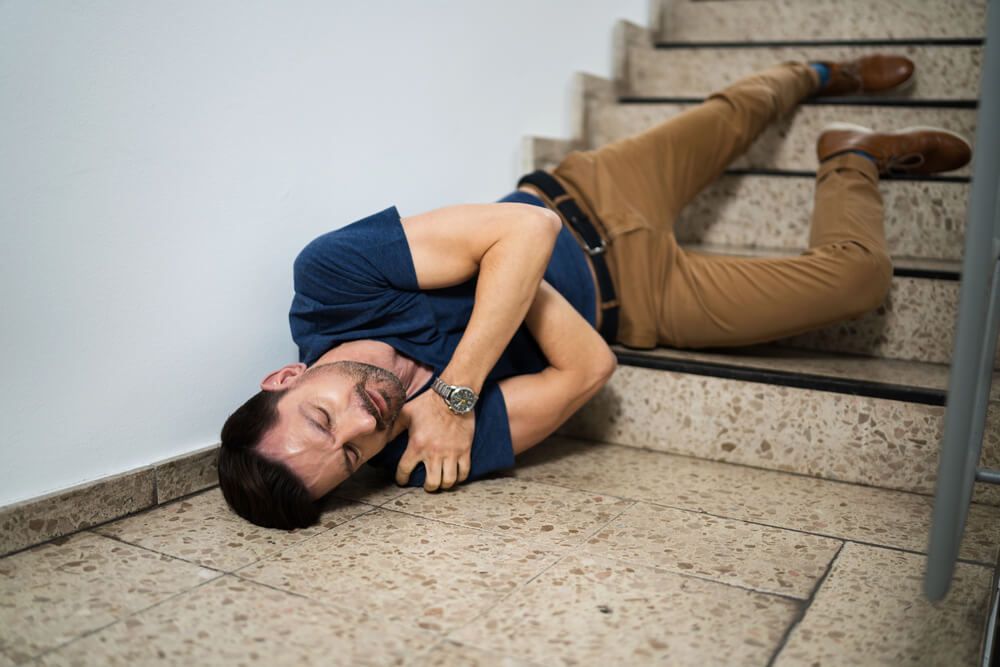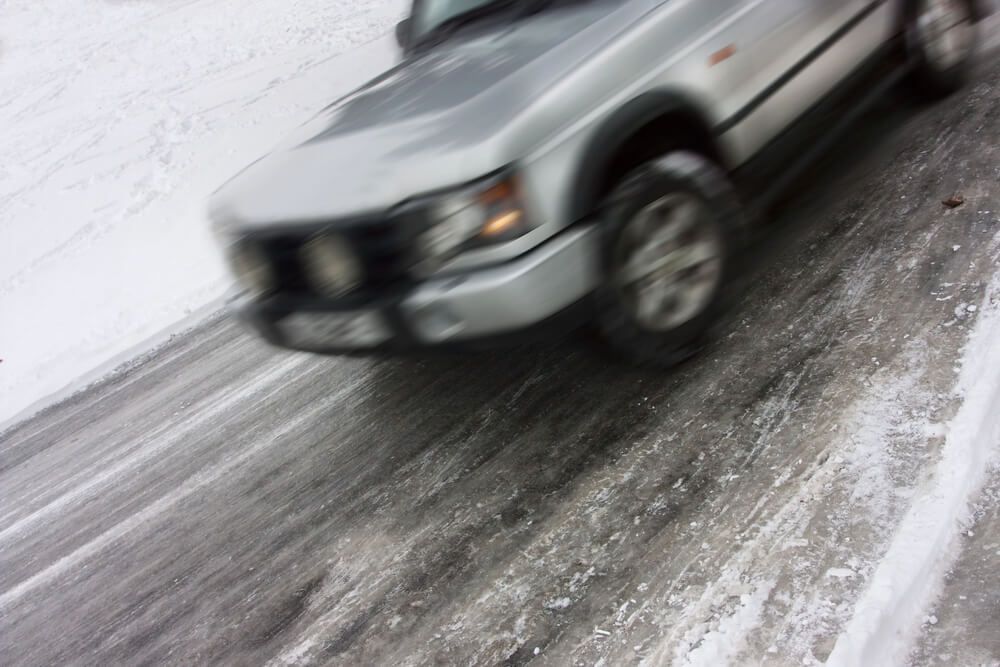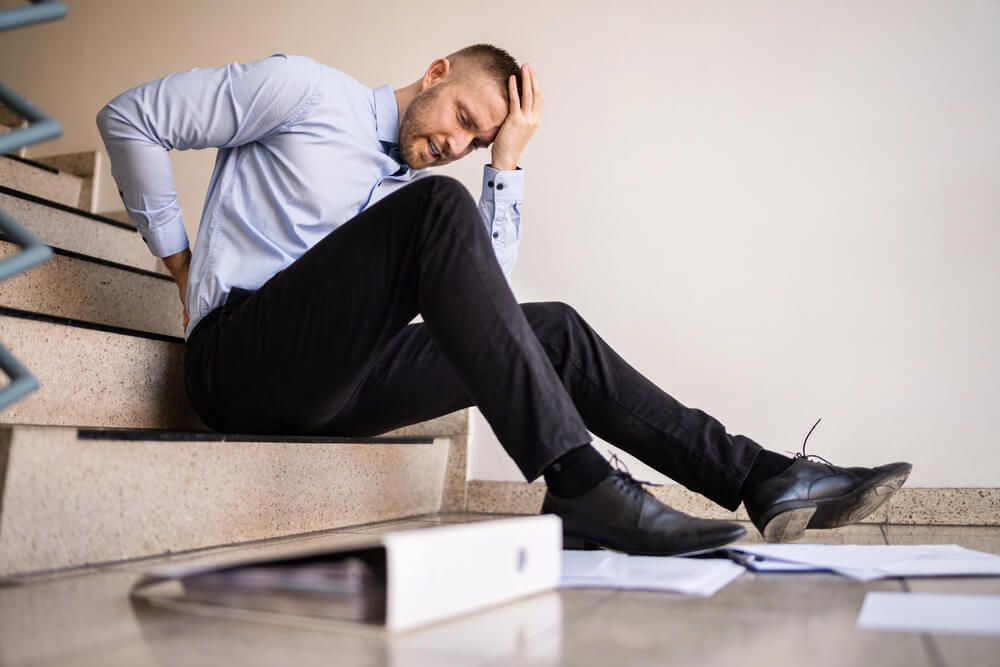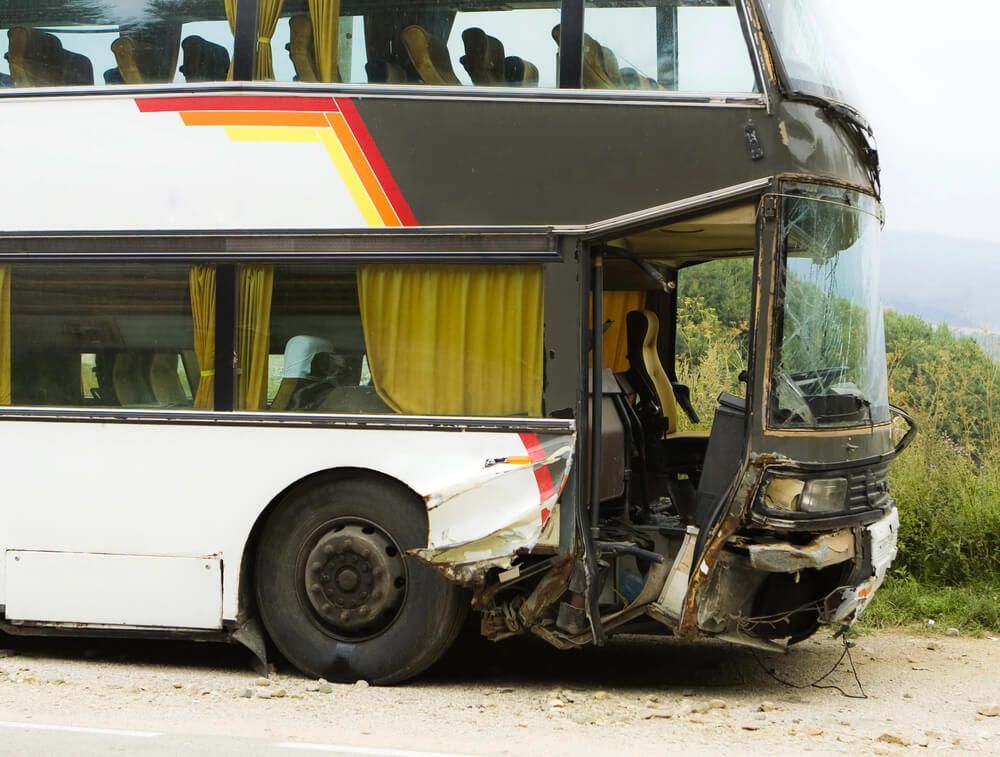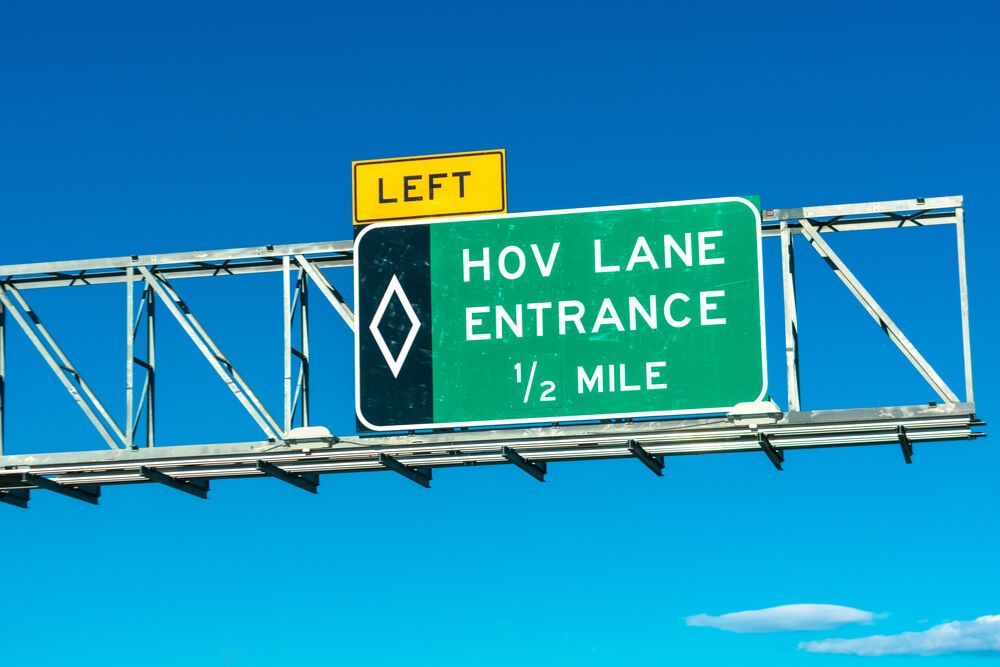Legal Responsibilities of Property Owners in Premises Liability Cases
Recent Blog Posts
Legal Responsibilities of Property Owners in Premises Liability Cases
All property owners have a duty of care to maintain, and this duty of care applies to those who have a legal right to be on the premises. However, the duty of care does look different depending on the exact type of property in question along with the type of permissive use expected. Understanding premises liability claims in Phoenix can only happen if we examine the legal responsibilities of property owners.

The Property Owner Duty of Care
Property owners owe a duty of care to those who have a right to be there, but not every property owner is the same. Homeowners owe a different duty of care to those who have a right to be on their premises than business owners who expect regular traffic onto their properties. However, overall, the duty of care that property owners owe others is relatively uniform and can be broken down into three categories:
- Invitees. An invitee is a person who is on the property for business purposes, including customers or those using a service at the location. If an invitee sustains an injury on the property, the owner or operator of the property could be liable if they knew or should have known about a dangerous hazard on the property and did not warn the invitee properly.
- Licensees. A licensee is an individual who has a right to be on the property for non-business purposes. This can include social guests at homes or at business events. Owners and property operators have a duty to let licensees know about any dangers on the premises that are not obvious.
- Trespassers. The final level of property owner responsibility pertains to trespassers. These are individuals who deliberately enter a property without permission of the property owner or manager. Property owners in Arizona do not have an obligation to protect trespassers from dangers on the property, but they are not allowed to deliberately cause harm to the trespasser.
There are specific rules in place regarding children trespassers, and we encourage you to research attractive nuisance laws as they relate to premises liability in the state for more information.
How Can a Property Owner Maintain Their Duty of Care
Property owners take various preventative steps to help ensure the safety of those who come to their property. Some of these steps include:
- Routine Inspections. Regularly check the property for any hazards or maintenance needs that could pose risks to occupants or visitors.
- Prompt Repairs and Maintenance. Address any identified issues swiftly to prevent accidents, including fixing broken fixtures, leaks, or structural damages.
- Safety Measures. Install and maintain adequate lighting, secure railings, and anti-slip flooring in high-risk areas.
- Security. Implement measures to deter crime and unauthorized access, such as locks, security cameras, and alarm systems.
- Compliance with Codes. Ensure the property meets all local building and safety codes and regulations.
- Warnings and Signage. Clearly mark potential hazards and provide instructions or warnings to prevent accidents.
- Emergency Preparedness. Have plans in place for emergencies, including accessible fire exits, extinguishers, and first-aid kits.
Taking Action After a Premises Liability Incident
If you or a loved one have been injured on someone else's property due to negligence, you have legal rights. Navigating a premises liability claim can be complex, but you don't have to do it alone. Seeking the help of an experienced premises liability attorney can make all the difference in securing the compensation you deserve. Contact us today for a free consultation to discuss your case and take the first step toward recovery.
